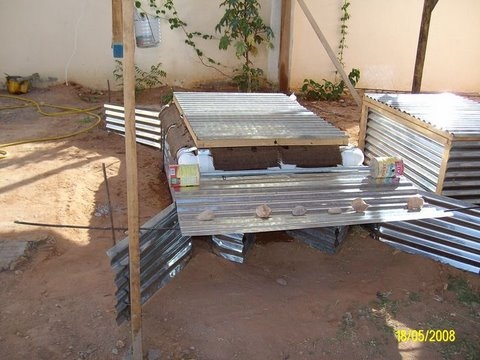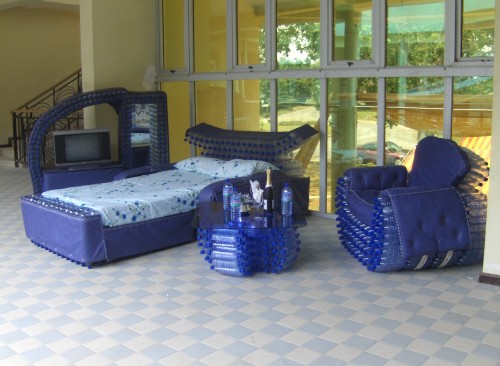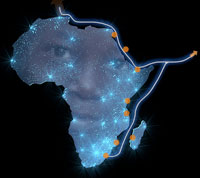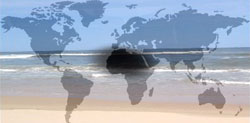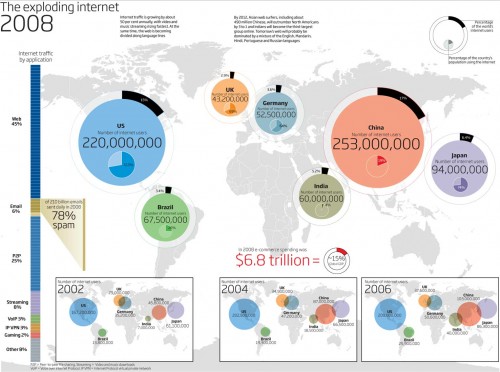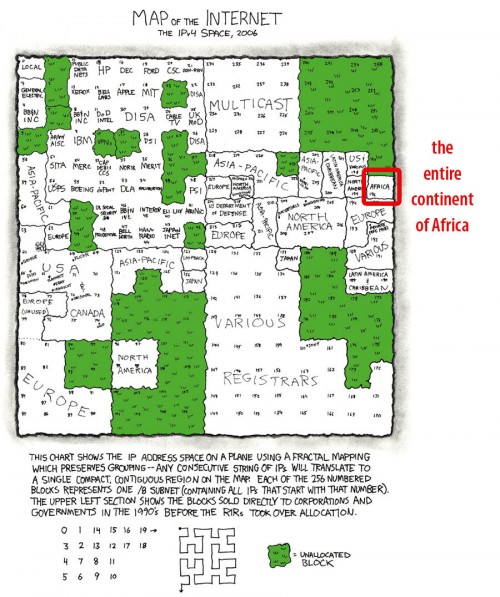In two days, August 8th, there will be a TEDx event in Nairobi taking place at the British Council. These are self-organized and hosted events that enable individuals to team together and create a TED-like experience in their own city. The TEDx Nairobi team has a number of TED Fellows leading it, and an outstanding line-up of speakers and talks to screen.
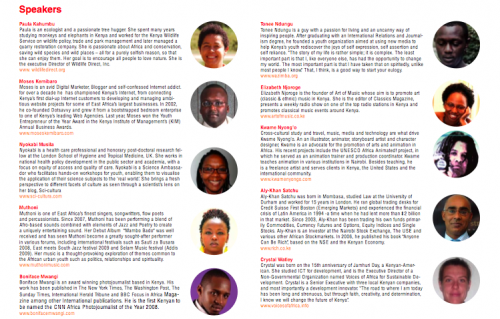
The best part about a TEDx event is the other people you meet there. It’s an eclectic mix of individuals, so you could find yourself rubbing shoulders with a scientist on one side and a dance instructor on the other, all while talking to the CEO of a major multinational tech company. It’s a time for open ideas and conversation, along with a healthy mixture of thought provoking talks.
As a TED Fellow and a Nairobi guy myself, I’m highly disappointed that I won’t be able to make it to the event. I have no doubt that the speakers will put on some of their best performances, as the pressure to do a good job is on. Personally, I’d like to hear what Paula Kahumbu of WildlifeDirect will bring to the table as I’m sure it will be both moving and insightful. I’m curious to hear if Aly-Khan Satchu of Rich.co.ke will talk about his work, or bring something different to the table. Lastly, I know I will miss hearing the music of Muthoni.
The TED Commandments
What some know about, and all speakers need to read, is “The TED Commandments“. These are 10 rules that every TED speaker should know:
- Thou Shalt Not Simply Trot Out thy Usual Shtick
- Thou Shalt Dream a Great Dream, or Show Forth a Wondrous New Thing, Or Share Something Thou Hast Never Shared Before
- Thou Shalt Reveal thy Curiosity and Thy Passion
- Thou Shalt Tell a Story
- Thou Shalt Freely Comment on the Utterances of Other Speakers for the Sake of Blessed Connection and Exquisite Controversy
- Thou Shalt Not Flaunt thine Ego. Be Thou Vulnerable. Speak of thy Failure as well as thy Success.
- Thou Shalt Not Sell from the Stage: Neither thy Company, thy Goods, thy Writings, nor thy Desperate need for Funding; Lest Thou be Cast Aside into Outer Darkness.
- Thou Shalt Remember all the while: Laughter is Good.
- Thou Shalt Not Read thy Speech.
- Thou Shalt Not Steal the Time of Them that Follow Thee
The organizers tell me that seats are now VERY limited. In fact, as of writing this there are only 12 seats left. Try your luck, see if you can make it to the event by filling in the registration form.

